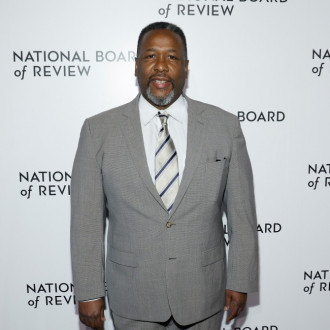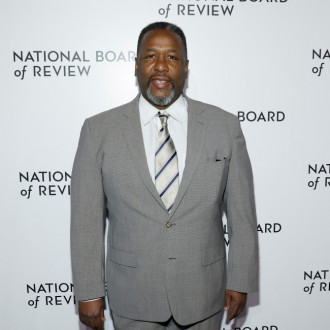Selma Cast Wear Protest T-shirts Ahead Of New York Premiere
By WENN in Movies / TV / Theatre on 15 December 2014
Actor Wendell Pierce led the cast of his new civil rights movie Selma in a public protest on Sunday (14Dec14) by wearing T-shirts referencing the police killing of unarmed black man Eric Garner ahead of the film's New York premiere.
The Wire star joined forces with co-stars including David Oyelowo, E. Roger Mitchell, Andre Holland and Lorraine Toussaint, and director Ava DuVernay to wear black T-shirts with the words, "I can't breathe" printed across the chest.
Staten Island resident Garner was heard uttering the phrase over and over again as he gasped for breath after a cop placed him in an apparent chokehold during an arrest in July (14), when he had been caught illegally selling cigarettes.
His death was ruled a homicide by the New York City medical examiner, but a grand jury chose not to indict the officer responsible for his passing earlier this month (Dec14) - sparking widespread protests across the U.S., where demonstrators were already angry over another grand jury's decision not to prosecute the cop who fatally shot Ferguson, Missouri teenager Michael Brown in August (14).
The stars of Selma made their support for the calls for justice known on Sunday by posing for a group photo in their shirts on the steps of the New York Public Library, while holding up their hands.
The snap was taken shortly before the group headed to the Ziegfeld Theater for the Selma premiere, where Pierce decided to continue modelling his T-shirt for photographers.
The pre-premiere protest took place a day after thousands of activists took to the streets of the Big Apple to take part in the Millions March Nyc, another demonstration over the Garner and Brown killings.
Oyelowo, who plays human rights activist Martin Luther King, Jr. in the film, recently expressed his hope that his movie would inspire campaigners to keep the protests peaceful.
He told The Hollywood Reporter, "Thankfully, we're seeing a lot of the same good sides of protests happening with these protests - i.e. that they are non-violent, and that we are now seeing black and white and everything in between coming together against injustice. I think that the next step for us to be able to really articulate our demands. What is it we want out of this? In Selma, it was voting rights, and now it's police reform. We needed federal intervention for the verdict situation (in Selma); I would say we need the same thing for the police. Who's going to police the police? We really need to press to the government that this cannot go on."
Contactmusic
Related
Movies and Trailers

The Gift Movie Review
Marketed as a horror-thriller, this sharply well-made film is actually a bleak drama with a...
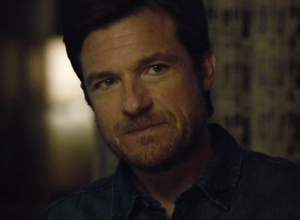
The Gift Trailer
Simon and Robyn barely have time to contemplate their perfect lives with their happy marriage...
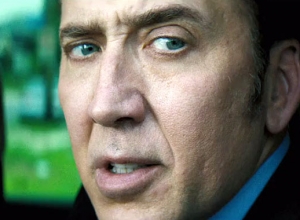
The Runner Trailer
Colin Pryce is a Louisiana congressman who becomes a hero in the eyes of all...
Advertisement

Selma Trailer
“What happens when a man stands up and says ‘enough is enough’?” So goes the...
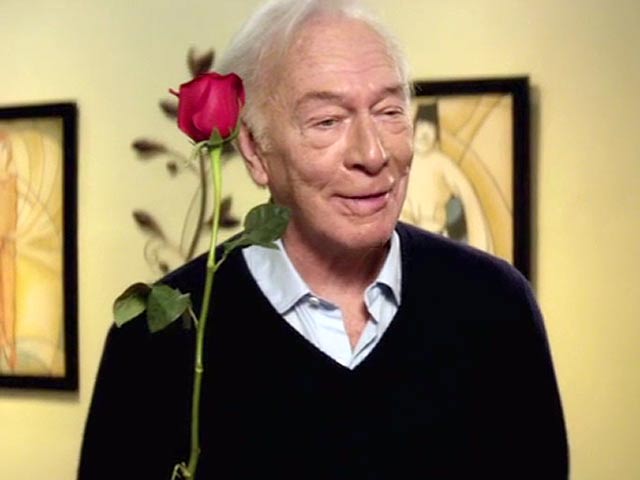
Elsa & Fred Trailer
Fred Barcroft is an old man struggling to find much good in his life following...
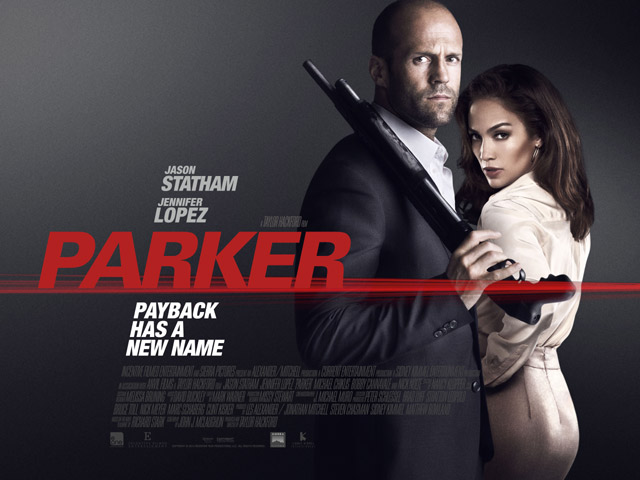
Parker Trailer
Parker is a skilled thief with a very specific moral code; never kill anyone who...
Advertisement

Horrible Bosses Trailer
Nick Hendricks (a management candidate), Kurt Buckman (an accountant) and Dale Arbus (a dental assistant)...
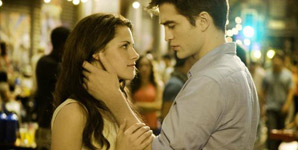
The Twilight Saga: Breaking Dawn Part 1 Trailer
Breaking Dawn is the final chapter from the Twilight series and picks up where Eclipse...
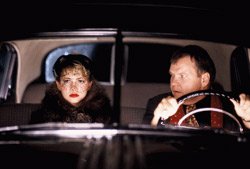
A Hole In One Movie Review
Quirky to the point of irritation, Richard Ledes' A Hole in One trades in inventive...

